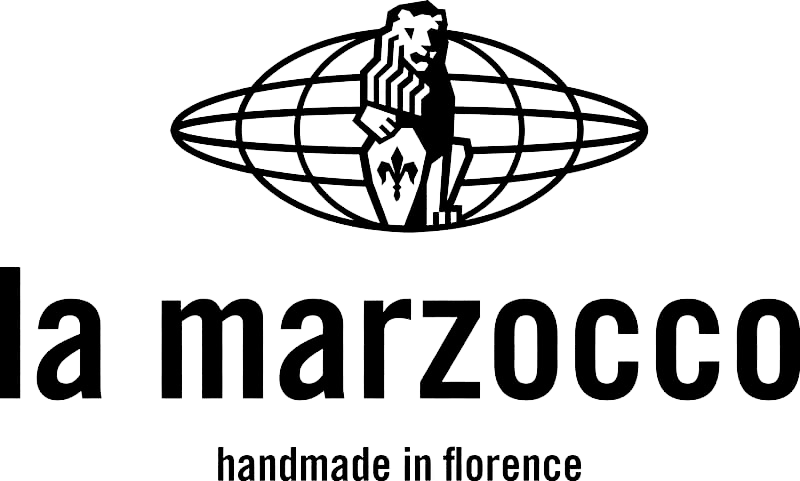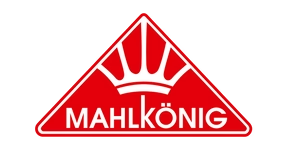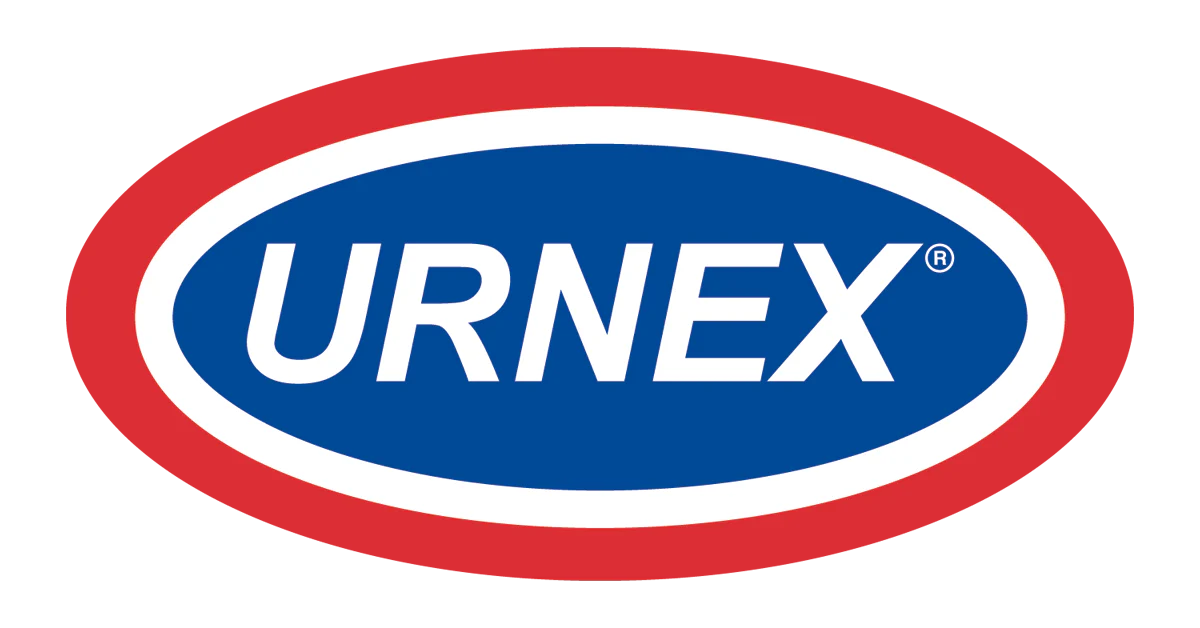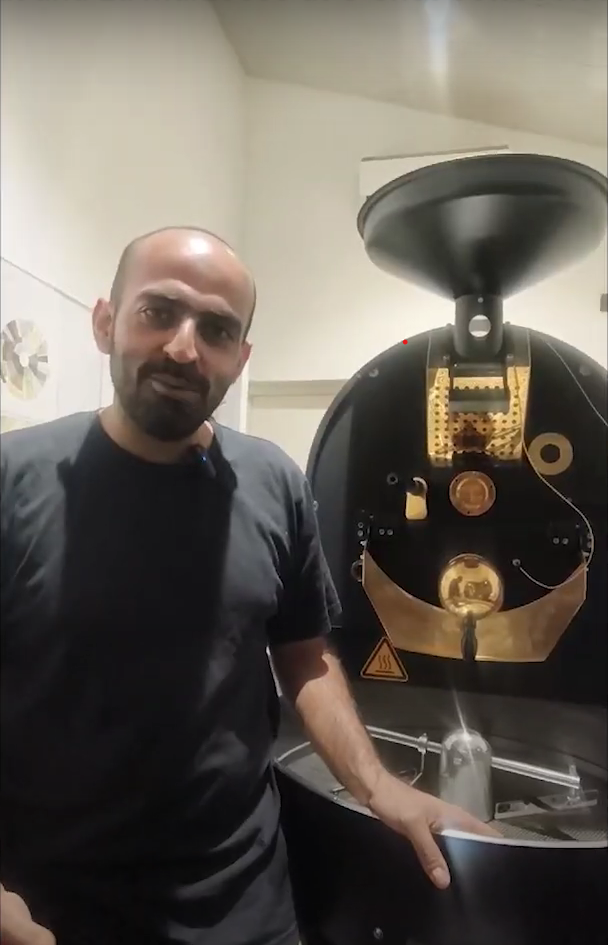Blogs
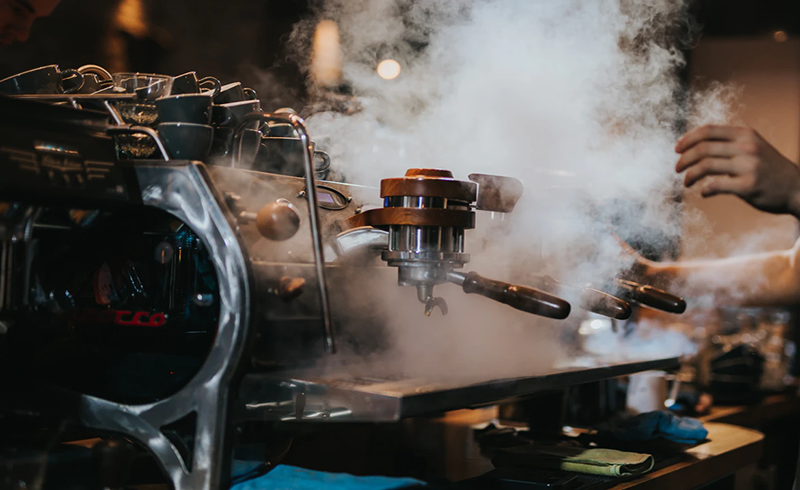
Essential Coffee Equipment Every Café or Coffee Business Should Invest In: A B2B Buyer’s Checklist:
Running a successful café or coffee business goes beyond just having a passion for great coffee. The right espresso equipment, skilled baristas, and an efficient workflow are the pillars that support your business’s long-term growth. Each piece of equipment, from your espresso machine to the manual brewers, plays a vital role in ensuring quality, consistency, and customer satisfaction. Here’s a comprehensive checklist of essential equipment every café should consider, along with insights on how to overcome common challenges in running a coffee business.
Operating a Café: Procedures, Challenges, and Tips for Success
Running a café is not without its challenges. Here are some procedures and tips to streamline operations and overcome common hurdles:
Barista Training and Development
Your team of baristas is one of your most valuable assets. Providing them with ongoing training not only ensures they are adept at using your equipment but also empowers them to engage with customers and elevate the overall café experience.
- Create Training Programs: Set up training programs for both new hires and experienced staff, covering everything from equipment use to latte art and customer service.
- Encourage Specialty Certifications: If your café is focused on high-quality, specialty coffee, consider encouraging your baristas to pursue certifications from reputable coffee institutions.
Layout and Workflow
A well-planned layout is essential for efficient operations. Ensure that your equipment is arranged in a way that minimizes movement and maximizes productivity.
- Optimize Station Placement: Place espresso machines, grinders, and accessories in close proximity to streamline the workflow, especially during peak hours.
- Allocate Space for Manual Brewing: If offering manual brewing methods, set aside a dedicated area for manual brewers and accessories to keep everything organized and accessible.
Maintenance and Equipment Care
Regular equipment maintenance is vital for ensuring smooth operations and prolonging the life of your machines.
- Preventive Maintenance: Develop a schedule for regular machine cleaning and inspection to avoid costly breakdowns. Keep spare parts on hand for quick repairs.
- Training on Maintenance: Train your baristas and staff on basic equipment troubleshooting and upkeep, so they can handle minor issues in-house.
1. Semi-Automatic Coffee Machines
An coffee machine for cafe is the foundation of any café. Investing in a reliable semi-automatic coffee machine gives you the best of both worlds: precision and control for your trained baristas while ensuring a consistent and high-quality output, especially during peak hours.
Semi-automatic machines offer flexibility, allowing skilled baristas to adjust water flow, brewing time, and shot consistency, which can help you elevate your café’s coffee offering. These commercial coffee machines are ideal for cafes that want to offer a crafted, hands-on coffee experience while also maintaining efficiency.
Challenges to Consider:
- Training Baristas: Your baristas need proper training to get the most out of a semi-automatic machine. Investing in barista training ensures they can handle peak demand while maintaining coffee quality.
- Maintenance: Regular maintenance is crucial to keep the machine running smoothly. Build a maintenance schedule to prevent breakdowns and ensure consistent performance.
2. Coffee Grinder
The coffee grinder is just as important as the coffee machine. Grinders, in particular, offer precise and consistent grind sizes, essential for both espresso and manual brewing methods. A reliable commercial grinder allows you to grind beans fresh for each order, significantly impacting the flavor and quality of your coffee.
Best Practices:
- Grind Size: The grind size has a direct impact on extraction and flavor. Ensure that your baristas understand how to adjust the grinder settings for different brewing methods, from espresso to French press.
- Consistency: Consistency in grind size is crucial. Look for grinders with easy adjustments and high durability, which will help you serve quality coffee every time.
3. Coffee Roasters
If you want to differentiate your café, consider roasting your own coffee beans. A coffee roaster gives you control over the entire coffee-making process, allowing you to create custom blends that reflect your brand’s identity. Roasting your own beans can also foster customer loyalty, as patrons are drawn to unique, locally roasted coffees.
Challenges to Consider:
- Investment: Roasting equipment requires a significant upfront investment, and you will also need additional space for the roasting process. Be sure to calculate ROI carefully.
- Skill Development: Roasting coffee is an art and science. If you’re new to roasting, consider hiring an expert or enrolling your staff in roasting training.
4. Coffee Blenders
Expanding your menu to include blended drinks such as smoothies and frappes can help you attract a wider audience. Coffee blenders are versatile tools that allow you to diversify your offerings beyond traditional coffee beverages, adding a new dimension to your business.
Best Practices:
- Menu Diversification: Blended drinks are popular in the summer or as an alternative to hot beverages. Create seasonal or signature drinks using your coffee blenders to cater to different tastes.
- Efficient Setup: Ensure your blender station is set up efficiently with easy access to ingredients like syrups, milk, and ice to streamline operations.
5. Coffee Accessories
Every café needs a variety of coffee accessories to ensure smooth operations. These include tampers, milk frothing pitchers, scales, and cleaning tools, all of which are essential for maintaining quality control and efficiency in your coffee-making process.
Key Accessories:
- Tampers: Even tamping ensures even extraction of espresso shots, so investing in high-quality tampers is essential.
- Pitchers: Milk pitchers are critical for creating textured milk for lattes and cappuccinos.
- Scales: Precision scales help measure the exact amount of coffee and water, crucial for consistent quality.
Conclusion: Building Your Café with the Right Tools
Investing in the right coffee shop equipment is just one part of building a successful café or coffee business. The combination of high-quality tools, well-trained baristas, and efficient workflows will ultimately determine your success. By focusing on the essentials—semi-automatic machines, grinders, roasters, blenders, manual brewers, and accessories—you can create a well-rounded café that serves exceptional coffee while meeting the operational demands of your business.
Conclusion: Why Kaapi Machines Is Your Ideal Coffee Equipment Partner
At Kaapi Machines, we understand that investing in the right coffee equipment is crucial to the success of your business. Whether you need semi- automatic coffee machines, coffee grinders, coffee roasters, or coffee blenders, our partnerships with 25+ brands ensure that you get the best quality products available. While we don’t showcase prices on our website, our team is always ready to assist you in finding the right solutions for your café or coffee business.
For personalized assistance in setting up your coffee shop and expert advice on the right equipment, contact us today!
Contact us: +91 9731441341 | info@kaapimachines.com














